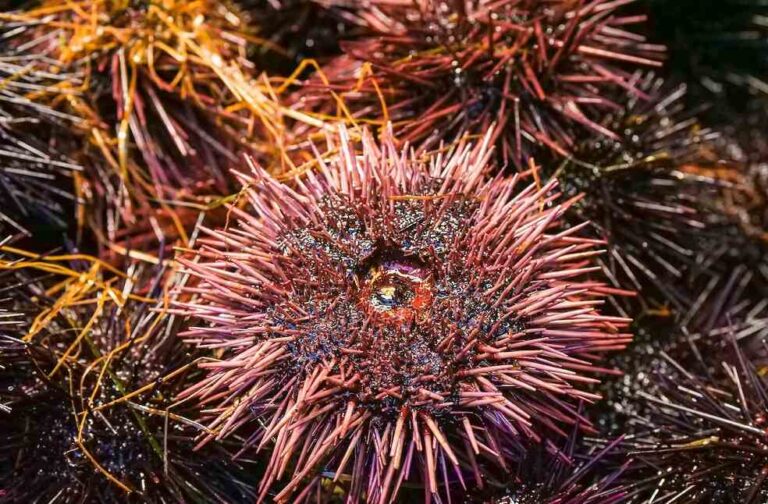United States: In a breakthrough discovery, marine biologists from a Florida university have claimed to unravel the mystery behind the widespread die-off of long-spined sea urchins across the United States and the Caribbean. The research findings could provide crucial insights into the conservation and management of marine ecosystems.
A tiny, single-cell parasite has been identified by scientists as the culprit behind the massive die-off of long-spined sea urchins in the US and the Caribbean, which began in early 2022. The research indicates that the parasite causes the affected Diadema antillarum urchins to lose their spines and suction, ultimately leading to their demise due to disease. This groundbreaking discovery sheds light on the cause of the sea urchin die-off and could pave the way for effective conservation efforts.

According to scientists at the University of South Florida (USF) in Tampa, the ciliate known as philaster is believed to be responsible for the recent mass die-off of long-spined sea urchins in the US and the Caribbean. Additionally, the researchers suspect that the same organism may have been behind a similar event in the 1980s, which wiped out almost 98 percent of sea urchins in the area. These findings highlight the devastating impact that philaster can have on marine ecosystems and emphasize the need for increased efforts to protect and preserve these vital environments.
In a span of just four months, Breitbart and a team comprising experts from Cornell University and the US Geological Survey were able to solve the mystery behind the mass die-off of long-spined sea urchins. The team’s research has been published in the peer-reviewed journal Science Advances, which validates the scientific rigour of their findings. The breakthrough discovery sheds light on the underlying cause of the sea urchin die-off and could have significant implications for the management and conservation of marine ecosystems.

The team was able to provide compelling evidence that philaster was responsible for the sea urchin die-off. They conducted an experiment where they placed the ciliate organism in tanks with healthy, laboratory-grown urchins, and observed that approximately 60 percent of the sample exhibited the same symptoms seen in the affected marine environment and eventually perished. This experimental validation underscores the accuracy and reliability of the team’s research and supports the need for effective measures to manage and protect marine ecosystems.



